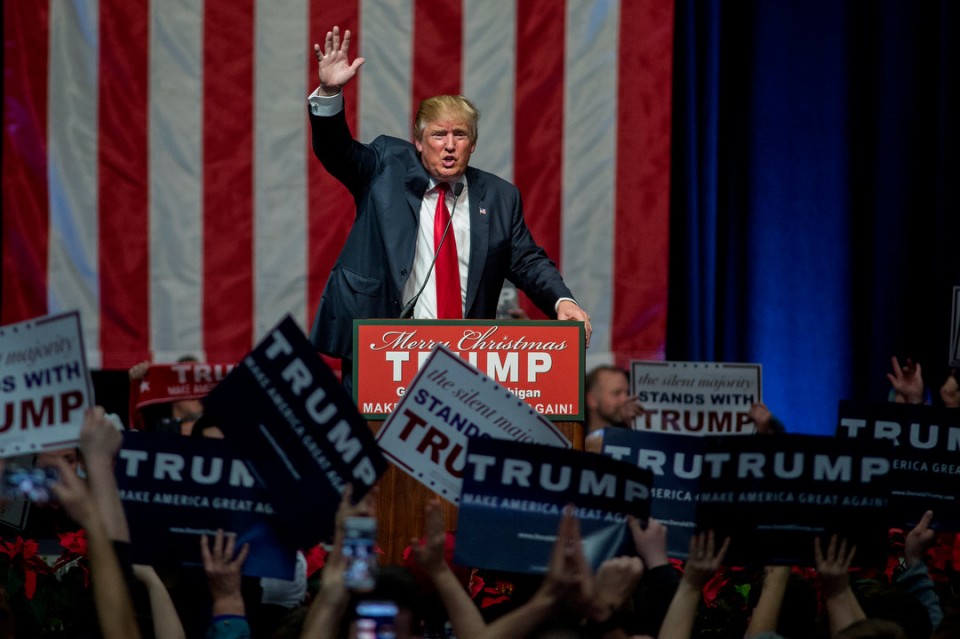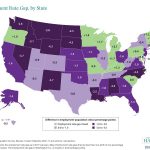This is an excerpt of a story I wrote last week for Bridge Magazine:
By Chad Selweski
In his bid to win over blue-collar voters in Michigan and elsewhere, Republican Donald Trump has declared that the pending U.S. international trade deal with Asian nations would amount to “a rape of our country.”
In that same vein, Democrat Bernie Sanders’s surprise win in the March presidential primary vote in Michigan was largely credited to his message that free-trade agreements had “decimated” the state’s economy.
And Democratic presidential nominee Hillary Clinton, in response to that stinging loss in Michigan, co-opted portions of the Vermont senator’s platform by asserting that all U.S. trade pacts deserve to be viewed skeptically, rather than engaging in “trade for trade’s sake.”
But do the political attacks match the reality of the impact free-trade agreements have had on the U.S. and Michigan economies?
In the arena of presidential politics, a populist message that rails against free trade as a job-killer has been a sure winner this election season — as Sanders showed in winning Michigan. In the world of economics, however, policies that remove tariffs and other trade barriers, creating a more level playing field, are generally recognized as a net gain for the economy.
Many Michiganders may not realize that Michigan is a major player in global economic competition, ranking sixth among the 50 states in employment supported by exports to foreign countries, at 270,240 jobs. Michigan also placed third in the number of new export-related jobs created (63,000) since the 2008-09 recession.
In the two-way street of exports vs. imports, Michigan appears to be doing well.
While other top states such as California and Texas enjoy geographical advantages for shipping products overseas, Michigan stands at No. 2 for exported manufactured goods (over $53 billion last year) among states without an ocean port, behind only Illinois, according to the U.S. Census Bureau’s economic calculations.
To be clear, it is nearly impossible to measure with precision the economic impact of any free trade agreement on an individual state. The connection between trade deals and stagnant U.S. wages can also be hard to quantify, especially for the still-controversial NAFTA pact the U.S. undertook with Mexico and Canada in 1994.
But among the original 20 presidential candidates in 2016, Republicans and Democrats, heart-wrenching anecdotes about U.S. workers who lost jobs to globalization generated a visercal response that sometimes overwhelmed any attempt to explain the nuances of employment data, or the benefits that residents in Michigan and elsewhere reap from international trade.
“I think the rhetoric on trade in the presidential campaign has been often misleading, and sometimes dangerous,” said Charles Ballard, an economist at Michigan State University. “Virtually all of the attention has been focused on one aspect of trade, which is that imports compete with domestic production.
“…Much of the ‘debate’ in the (presidential) campaign makes it sound as if import competition is the only thing that comes with trade, and it ignores the value of exports and lower prices.”
Continue reading here.
Photo via Bridge Magazine, courtesy of MLive.com











